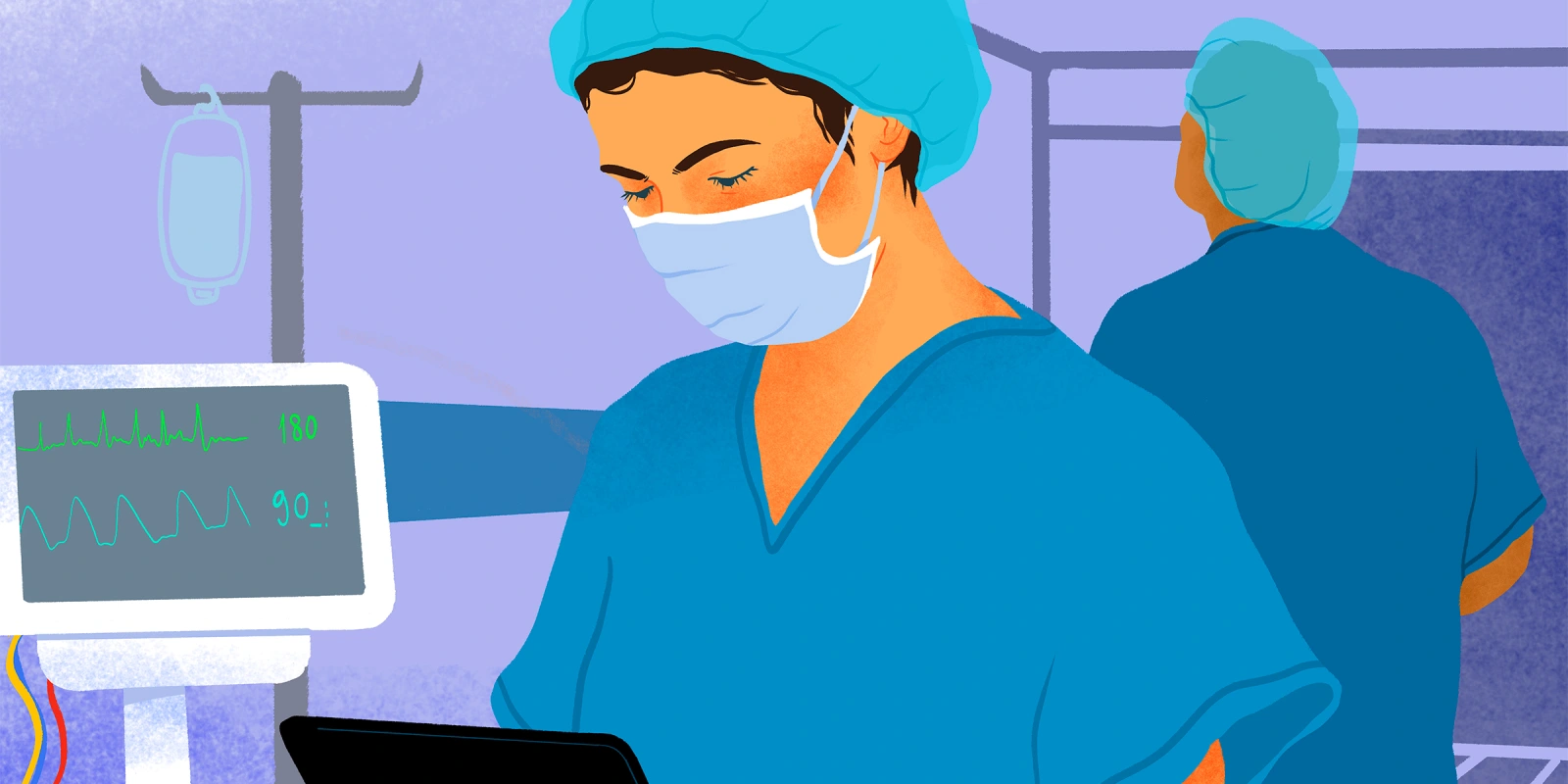"Oh, by the way, you’re going to need anesthesia for this," my physician adds while discussing the details of an elective medical procedure. As doctors, we're not used to being on the other side of the physician-patient interaction. As a resident anesthesiologist, learning that I would be receiving care involving anesthesia left me with more questions about the anesthetic plan than the actual surgical procedure itself. Yet, I felt a self-imposed pressure not to overwhelm my doctor with all the anesthetic-related questions I had, partly because I didn’t want to come across as a skeptical, distrustful patient with a medical background, and partly because I realized that such questions might not be the most appropriate ones to ask a non-anesthesiologist physician.
Given the medical procedure I was undergoing, I knew I would receive a type of anesthesia called "Monitored Anesthesia Care," colloquially called "twilight anesthesia" when explained to patients. However, what isn't usually mentioned is that although "twilight anesthesia" seems less "intense" to the public since patients don’t lose full consciousness, it requires just as much, if not more, care and attention to administer safely. Too little medication, and patients may remain awake, possibly experiencing a traumatic ordeal — yet too much medication, and they may stop breathing on their own, potentially leading to a medical emergency. Ironically, the most common type of anesthesia leading to serious complications is "twilight anesthesia." This is not helping my anxiety at all, I think to myself as I sit across from my physician.
As I transitioned from my usual role as the physician to becoming the patient, I began to truly grasp the importance of trust between patients and the health care team caring for them, including the anesthesia provider. There are various models of anesthesia care, ranging from single anesthesiologists who directly care for their patients throughout the procedure to a "care-team model" where an anesthesiologist works alongside a CRNA. In the least ideal situation, there are cases where no anesthesiologist is available, and only a CRNA is present to administer care. I work alongside some amazing and wonderful nurse anesthetists that I would trust with my life, and the lives of my family. However, I came to these conclusions because I personally know these anesthetists, and I have seen them consistently deliver great care. Yet, I realized that as a patient, I don’t have the privilege of personally knowing who will be taking care of me. The only thing I can rely on to build trust between me and my anesthesia provider is clearly knowing the training, qualifications, and credentials of who will be caring for me.
Similarly, while some may encourage patients to speak up before their procedure to clarify these details, I also realized the challenges of advocating for oneself as a patient. How do I even begin to ask about my anesthesia plan? Will they perceive me as a difficult patient? I didn’t want to seem unreasonable or high maintenance. It was difficult to muster the courage to ask about my anesthesia providers during the visit. I felt embarrassed to advocate for myself, but this shouldn't be the standard patient experience. Ideally, I would have been informed about the anesthesia care model used for my procedure and reassured if an anesthesiologist would be present or informed if one wasn't immediately available. If I hadn't spoken up, I likely wouldn’t have known what type of anesthesia I would receive until after I had already prepared for my procedure. Would I, as a patient, truly have any say in who cared for me on the day of surgery? More than likely, the procedure would have been canceled due to my concerns.
Since my recent experience as the patient, I’ve been more thoughtful about how we can ensure informed consent exists for patients receiving care. It is critical that patients feel comfortable and empowered to ask questions and understand the type of treatment and the care team that they will have. Too often, it is not disclosed until the day of surgery how anesthesia care will be administered. The surgeon and other clinicians should provide information at least a day ahead of surgery regarding whether it will be CRNA-only model of coverage, or an anesthesiologist, or anesthesiologist-led team. Learning this information in advance is necessary for patients to provide consent, or request an alternative care team if desired.
When patients come to us for medical care, they trust us to take care of them. But in surgeries and procedures requiring anesthesia, not telling patients important details — like what type of care model and what are the qualifications of the people giving it — breaks that trust. Even though we encourage patients to ask questions and advocate for themselves, I've come to experience that it’s much harder to do than it appears. We, as a health care system and members of the health care team, should strive to improve transparency and continue to build trust with our patients by giving them these anesthetic details before they arrive on the day of surgery. Patients have a right to know about the training and qualifications of the people treating them, without having to ask.
Dr. Jacqueline Chen is currently a resident physician in Northern California. She plans to stay around the area after graduation this year. In her free time, she enjoys spending time with family, trying different restaurants, and exploring new places.
Image by AMR BO SHANAB/SCIENCE PHOTO LIBRARY / Getty Images






